15 Surprising Foods You Can’t Legally Grow in Your Backyard
While gardening is a popular hobby, not all plants and foods are legal to grow in your backyard. Various restrictions exist, ranging from concerns about invasive species to potential health risks. Knowing which foods are off-limits can help you avoid fines or legal issues.
Many of these regulations are designed to protect local ecosystems, prevent the spread of disease, or regulate controlled substances. Here are some common foods that are surprisingly illegal or heavily restricted for backyard growers in certain areas. Before you plant, it’s important to understand the laws in your region.
Poppy Plants
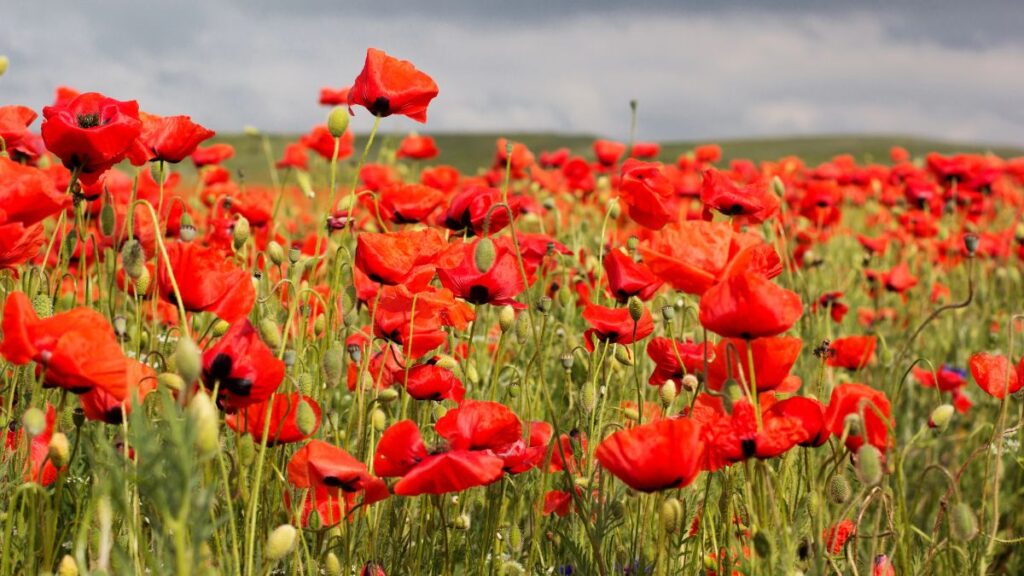
Growing poppy plants, specifically the opium poppy, is illegal in many parts of the world. This is because opium poppies can be used to produce narcotics like heroin and morphine. Even though poppy seeds are a common ingredient in baked goods, the plant itself is heavily regulated.
Growing these plants without proper authorization can lead to severe legal consequences. Some gardeners may not realize the risks involved, so being cautious is essential.
Coca Plants
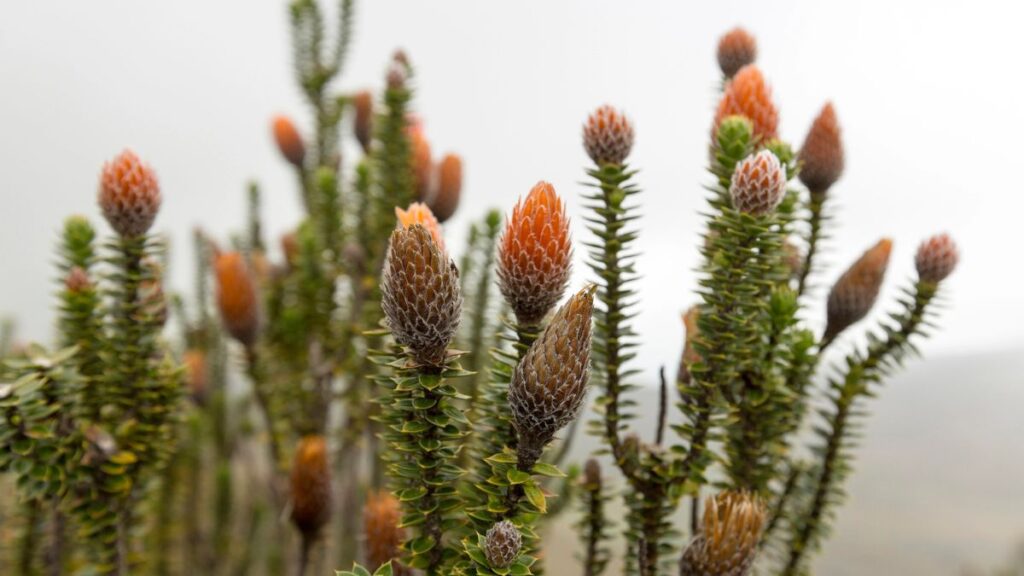
The coca plant, which is the source of cocaine, is illegal to grow in most countries. Coca leaves have traditional uses in some cultures, but they are tightly controlled because of their potential to produce harmful drugs.
Many places consider growing coca plants in your backyard a criminal offense. If you’re interested in cultivating a garden, it’s best to steer clear of this highly regulated plant.
Khat
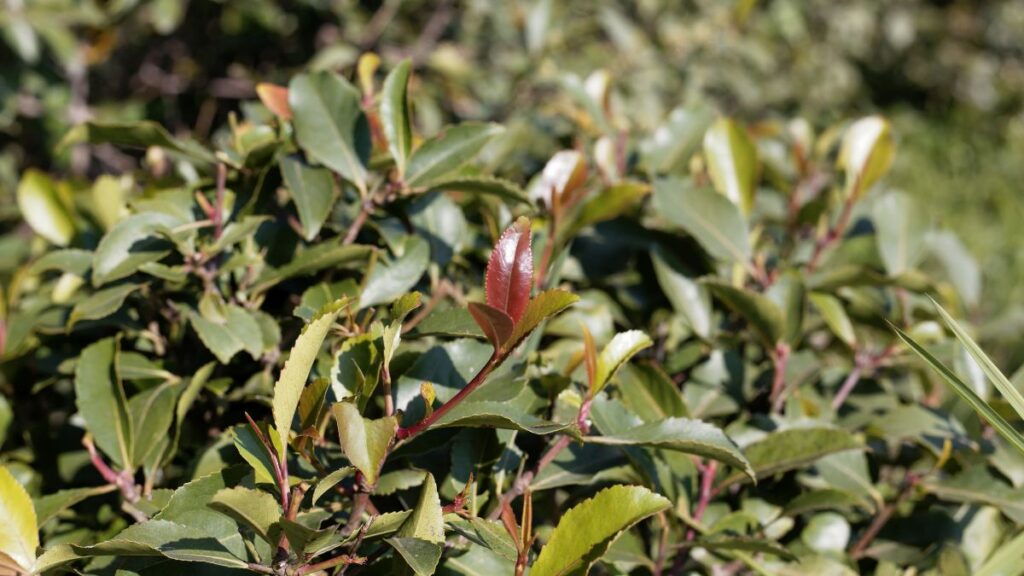
Khat is a leafy plant used as a stimulant in some parts of the world, but it’s illegal to grow in many countries. Khat leaves contain chemicals that can lead to addiction and health problems.
Because of its potential for abuse, several governments have banned its cultivation. Even though it might seem like an ordinary shrub, khat is treated as a controlled substance. Make sure to avoid planting it in your garden.
Absinthe Wormwood
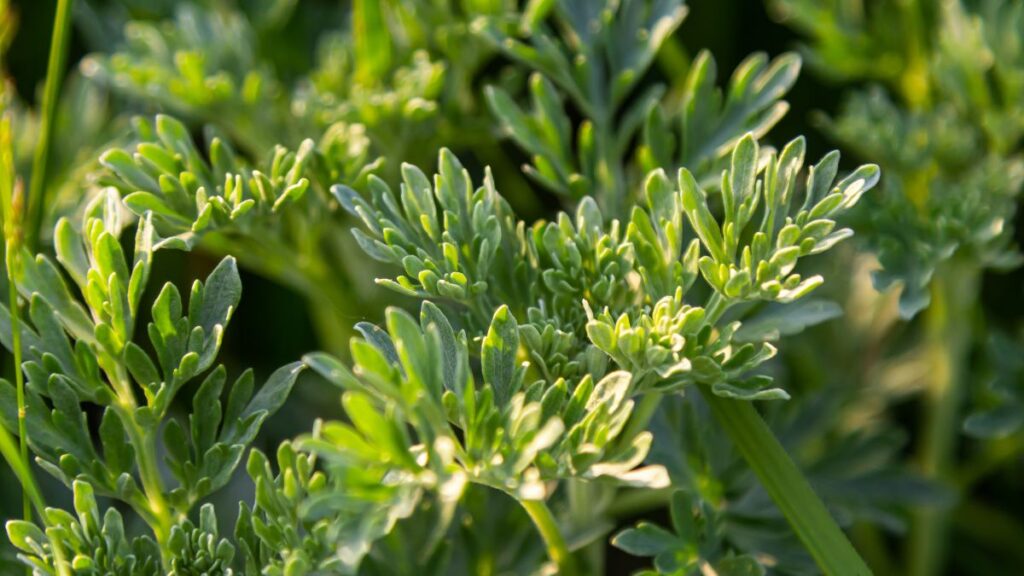
Absinthe wormwood is a key ingredient in the alcoholic drink absinthe, which has a controversial history. In some places, growing Absinthe wormwood is restricted due to concerns about the plant’s hallucinogenic properties.
While absinthe is legal in many regions today, growing the plant itself may still be illegal. If you’re a fan of this aromatic herb, check your local laws before planting it.
Cuban Oregano
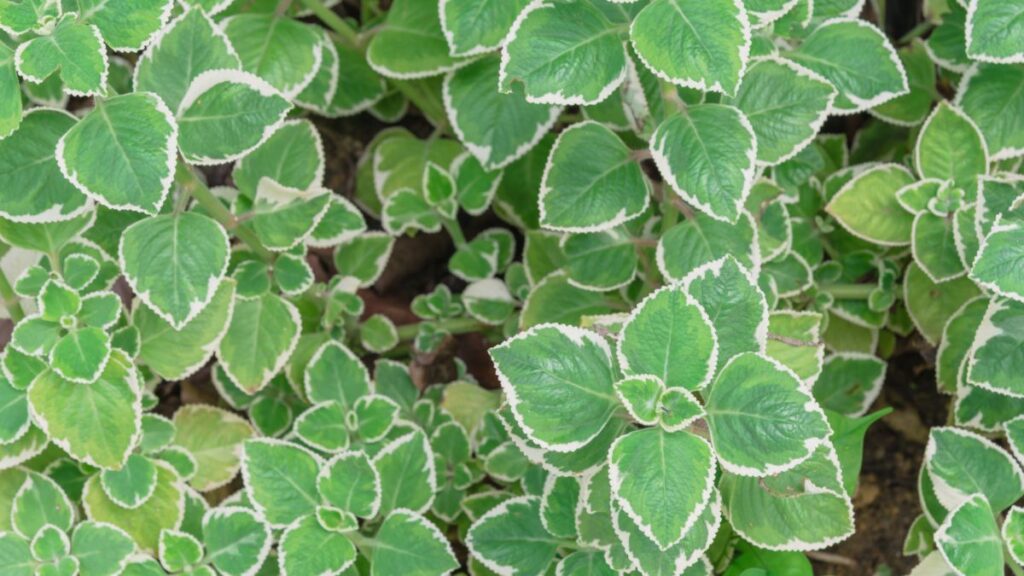
Cuban oregano, also known as Spanish thyme, is restricted in certain areas due to its invasive nature. This plant can spread rapidly and overtake native species, which makes it problematic for local ecosystems.
In places where Cuban oregano is considered invasive, growing it in your backyard could result in fines or penalties. Be sure to check if it’s on the restricted list before adding it to your herb garden.
Hemp
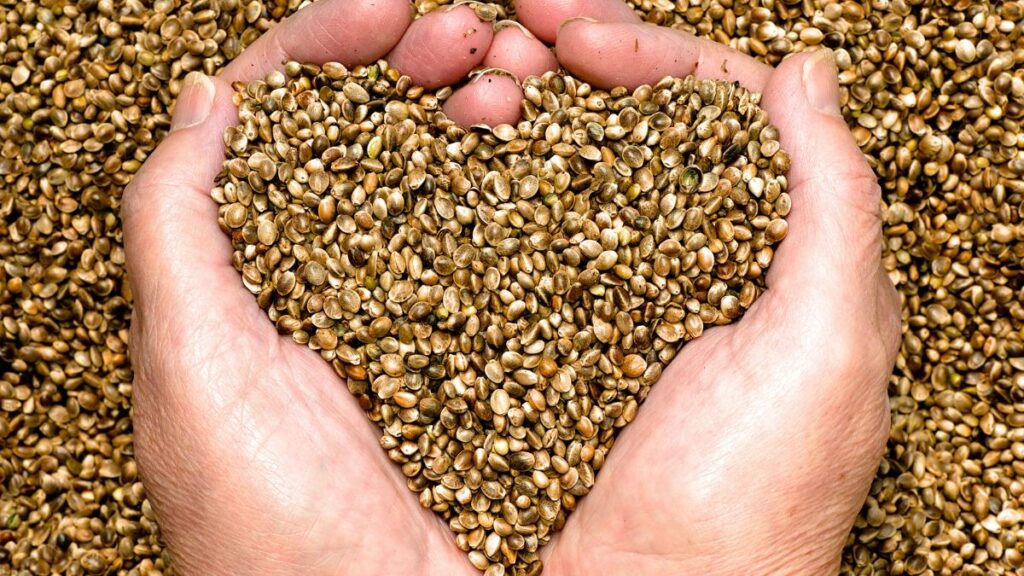
Hemp has become a controversial plant in recent years due to its association with marijuana. While hemp is used for producing textiles, food, and CBD oil, it’s still illegal to grow in some areas without proper permits.
This is because hemp and marijuana come from the same species of plant, and many places regulate it tightly. If you’re interested in growing hemp for its benefits, you’ll need to research the laws in your region first.
Sassafras
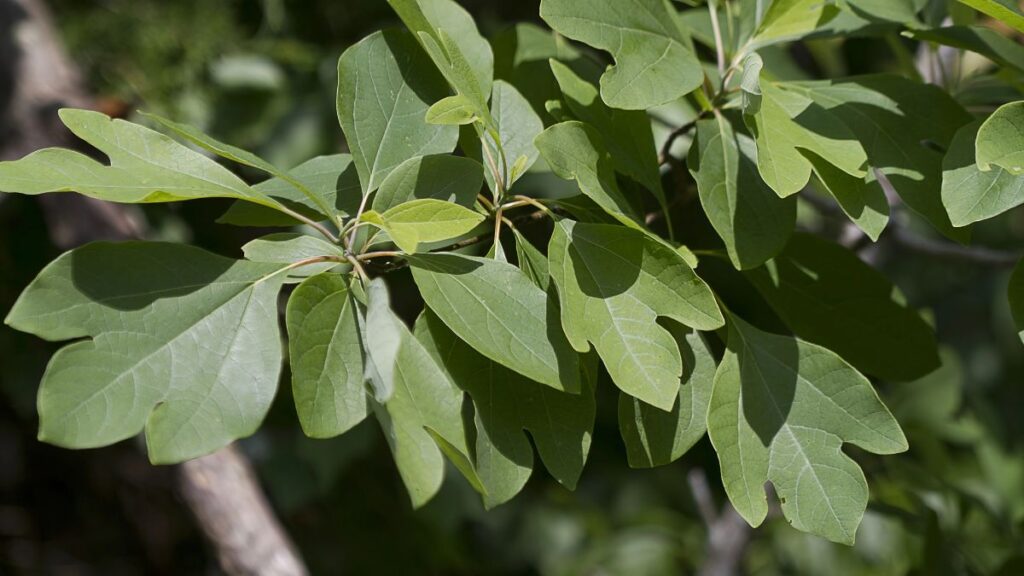
Sassafras trees are restricted in some areas due to the oil extracted from their roots, which was once used to make root beer. The problem is that sassafra oil contains safrole, a chemical linked to cancer.
While the trees themselves may not be entirely banned, using their roots to make homemade products can be illegal. If you’re considering growing sassafras, be cautious about how you use the plant.
Avocados
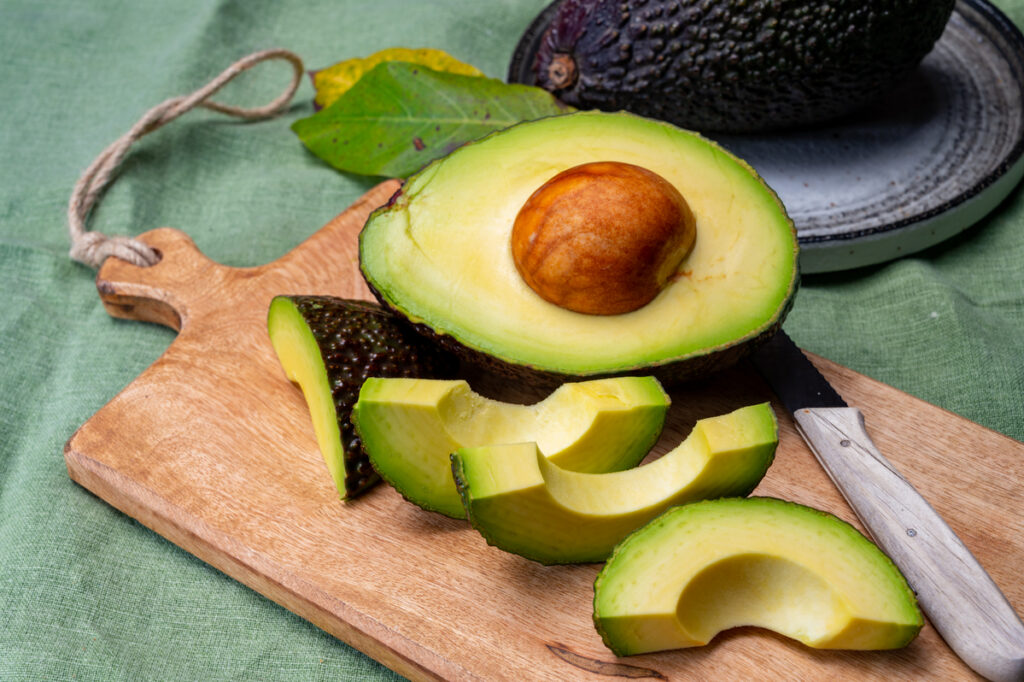
In certain regions, growing avocados at home is restricted due to environmental concerns. Avocado farming requires a large amount of water, which can strain local water resources, especially in drought-prone areas.
Some areas have placed restrictions on avocado cultivation to conserve water and protect the environment. If you live in a dry climate, it’s important to understand these regulations before planting avocados.
Citrus Trees
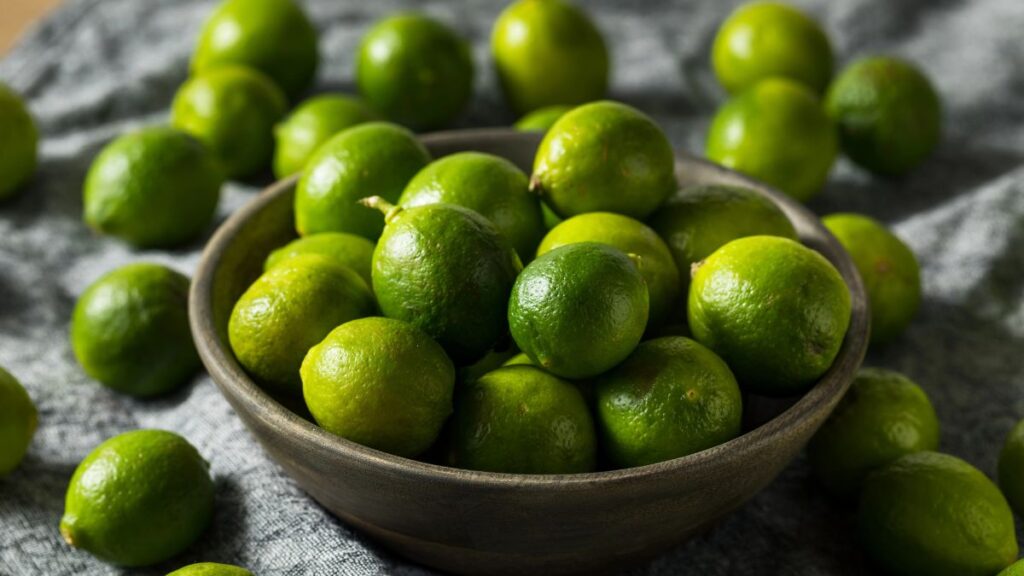
In areas where citrus greening disease is a problem, growing citrus trees like oranges, lemons, and limes may be restricted or even illegal. Citrus greening is a deadly disease that affects citrus crops, and it can spread rapidly if not contained.
Some regions have banned the cultivation of new citrus trees to prevent the disease from spreading. Before planting a citrus tree, check to see if your area is affected by these regulations.
Japanese Knotweed
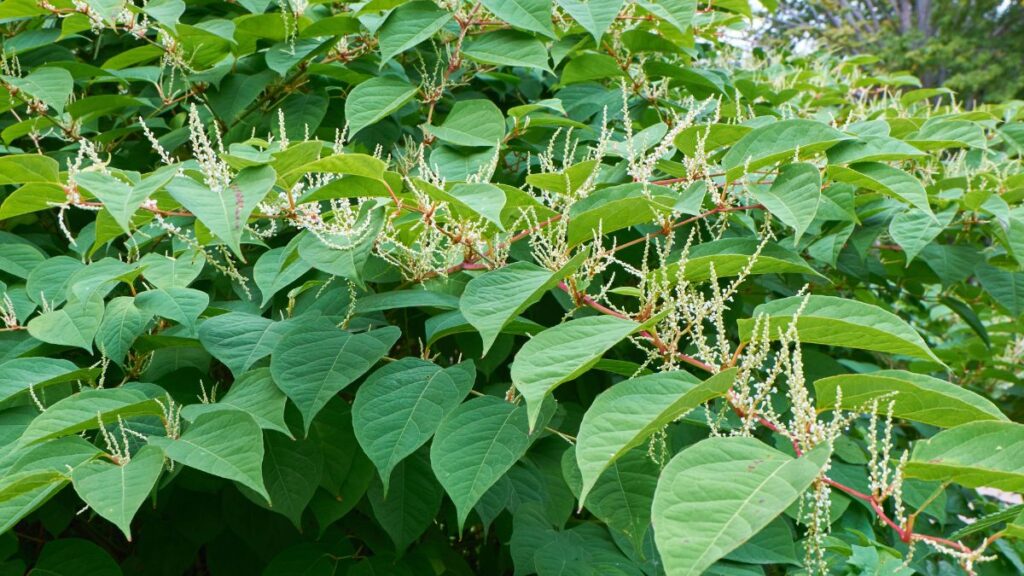
Japanese knotweed is an invasive plant that is illegal to grow in many places because it spreads aggressively and can damage property. It’s known for its ability to break through concrete and foundations, causing costly damage to buildings.
If you’re found cultivating Japanese knotweed, you could face significant fines. It’s best to avoid this plant altogether to protect your garden and home.
Water Spinach
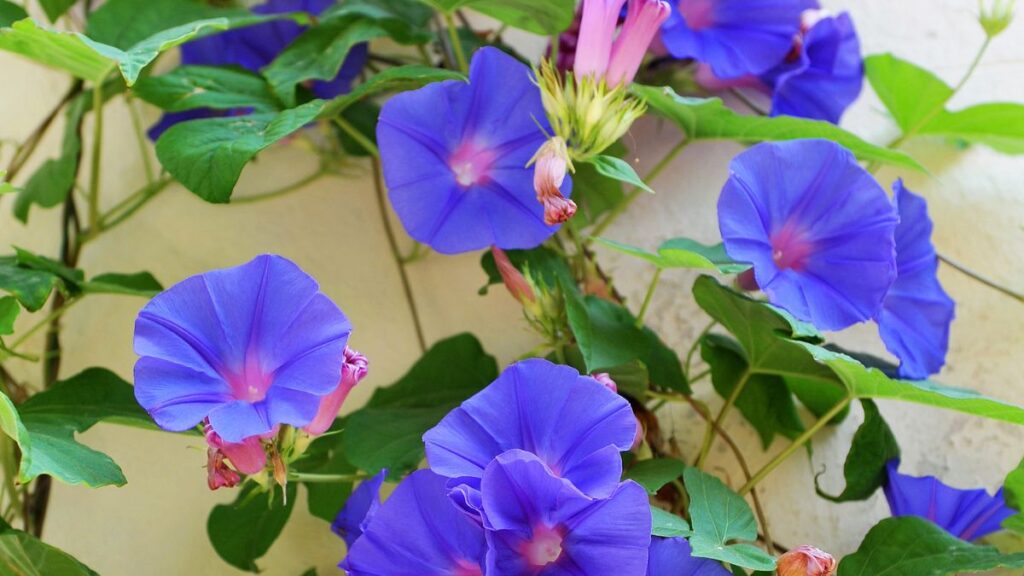
Water spinach, known as morning glory or kangkong, is banned in certain regions due to its invasive nature. It grows rapidly in aquatic environments and can choke out other plants, disrupting local ecosystems.
Because of its aggressive growth, water spinach is classified as a noxious weed in some places. Check local guidelines before attempting to grow this leafy green in your garden.
Pineapple
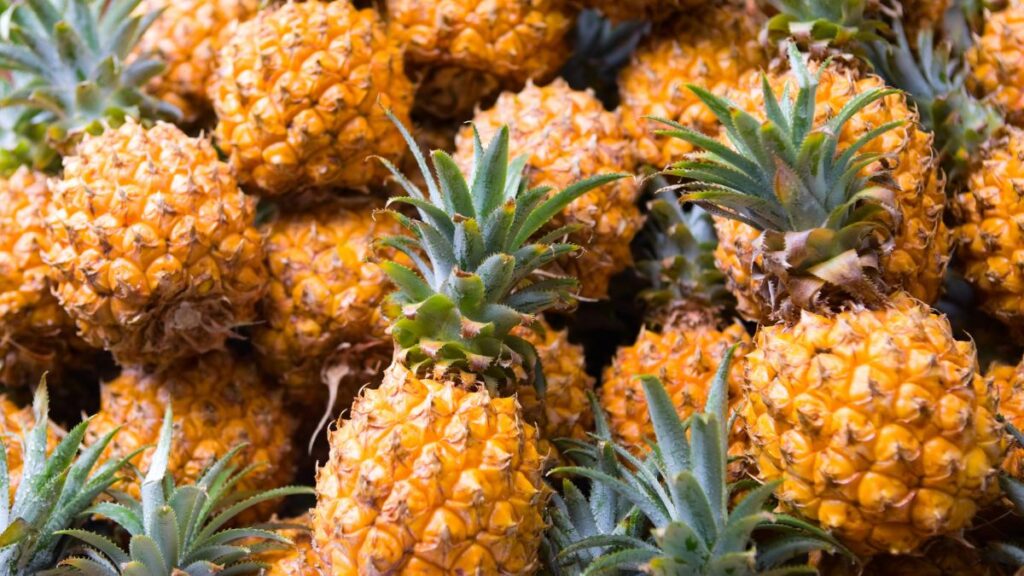
Pineapple plants are restricted in some areas where they’re not native due to concerns about pests and diseases. Growing pineapples outside of their natural environment can introduce harmful insects and fungi that could affect local agriculture.
Growing pineapples might require special permits in regions with strict agricultural laws. Always verify the regulations before planting this tropical fruit.
Cassava
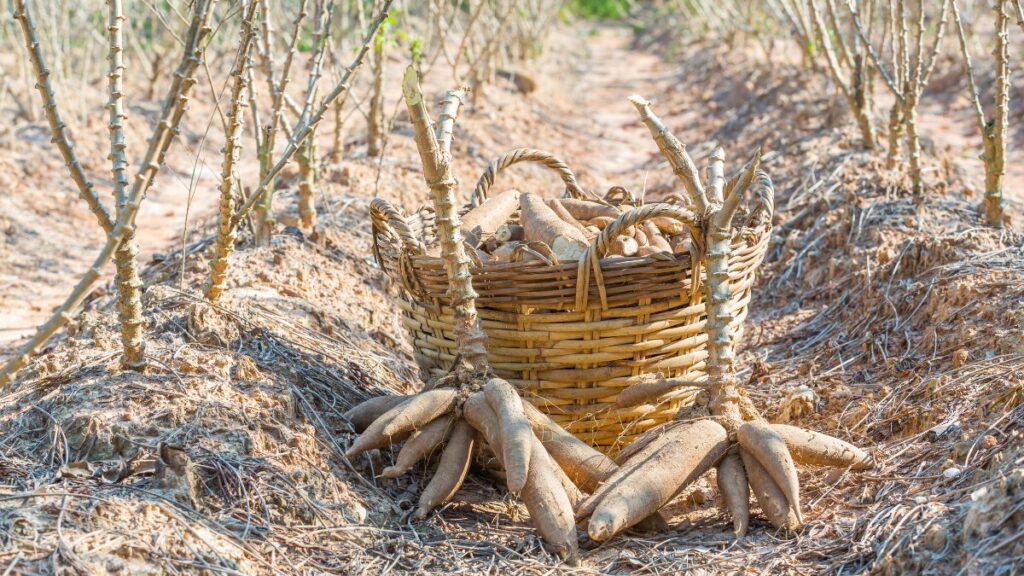
Cassava is a staple crop in many tropical regions, but growing in some areas is illegal due to its potential toxicity. The plant contains cyanogenic glycosides, which can produce cyanide if not prepared properly.
Growing cassava without understanding how to process it safely can be dangerous, which is why it’s restricted in some regions. If you’re interested in this crop, make sure you know the legal and safety requirements.
Cranberries
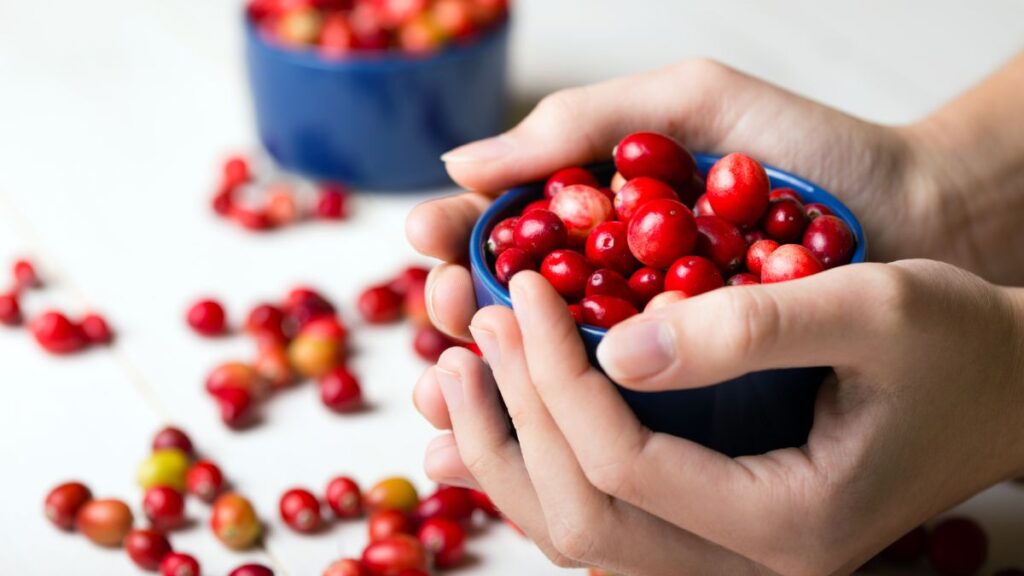
Cranberry cultivation can be restricted in certain areas due to the plant’s specific environmental needs. Cranberries thrive in wetlands, and attempting to grow them outside of these conditions can disrupt local water ecosystems.
Some regions have regulations in place to protect wetlands from being altered for cranberry farming. Before planting cranberries, research whether your area allows this type of cultivation.
Bamboo
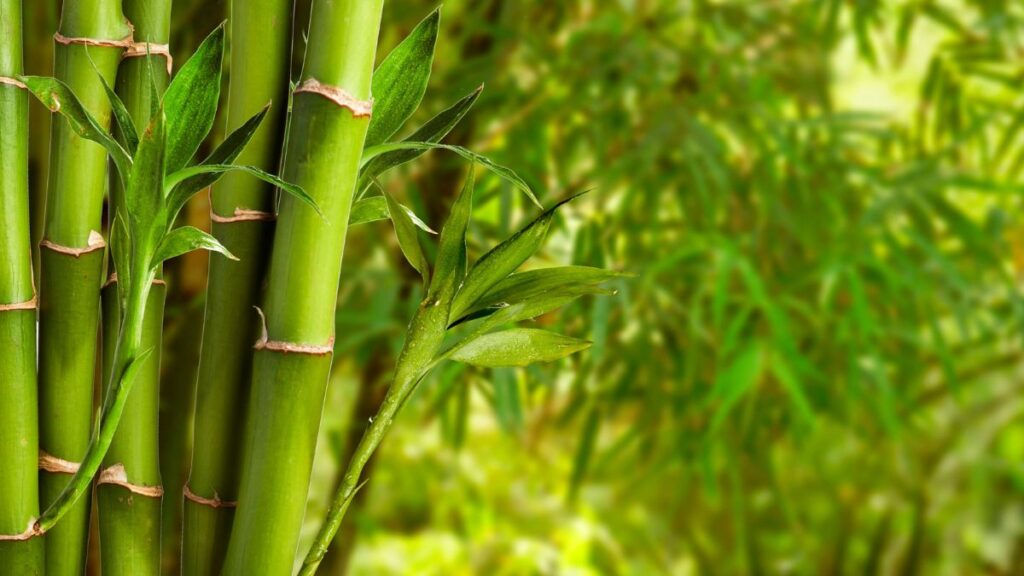
Bamboo is often restricted due to its invasive nature and rapid growth. Once planted, bamboo can spread quickly and become difficult to control, overtaking other plants and even neighboring properties.
Growing bamboo without containment measures can lead to fines in areas where it is seen as a threat to local ecosystems. If you’re interested in growing bamboo, use proper barriers or avoid them altogether.
15 Things You’re Too Old For After Age 50

As we age, we gain wisdom, experience, and a clearer sense of who we are. By the time you reach age 50, certain habits, trends, and activities no longer serve you. Life is too short to waste time on things that don’t add value or bring joy.
15 Things You’re Too Old For After Age 50
15 Things That Have Become So Expensive People Are Giving Them Up

With the cost of living steadily increasing, people are forced to rethink how they spend their money. Many everyday items, services, and activities have become too expensive to justify.
15 Things That Have Become So Expensive People Are Giving Them Up







